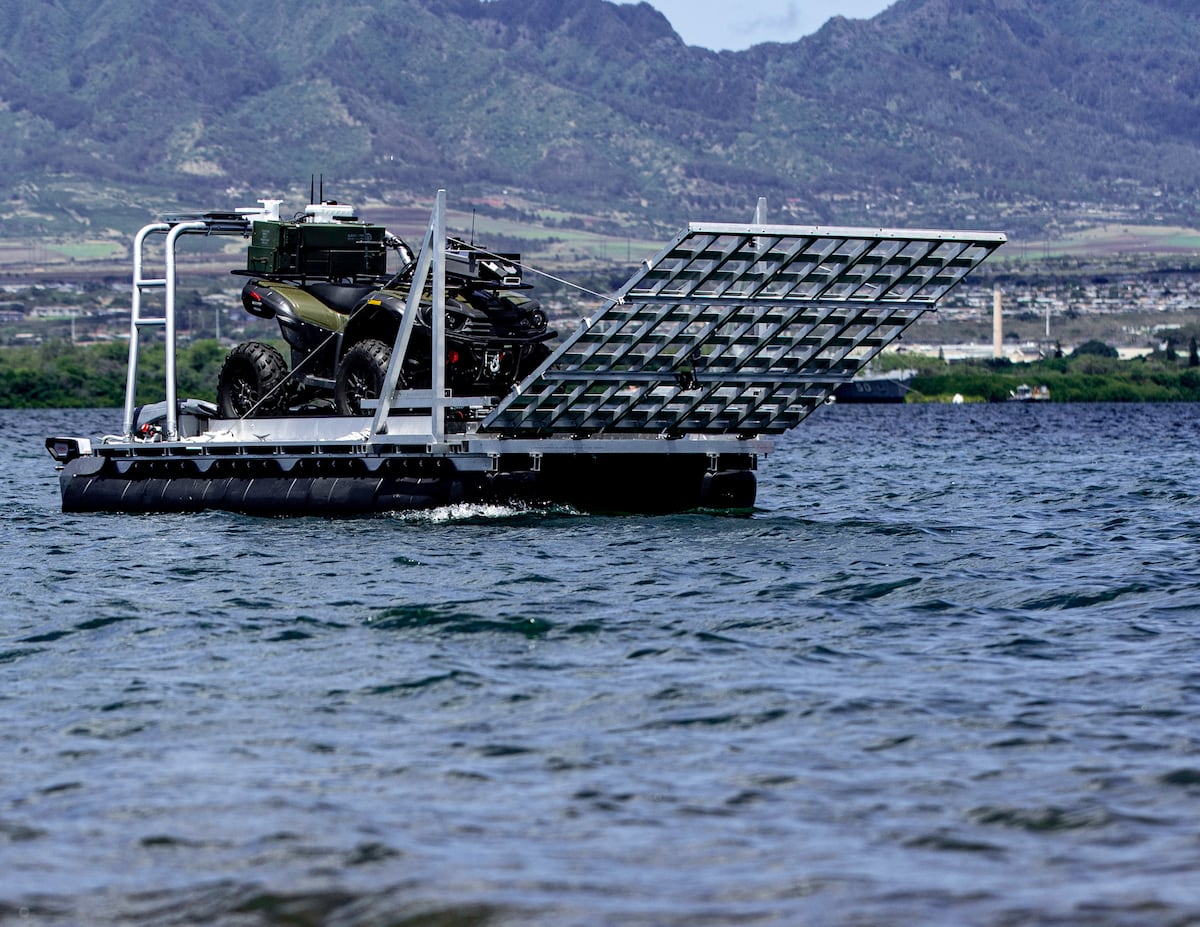Poland Advances Submarine Program: A Strategic Initiative for Naval Modernization
Introduction to the Orka Submarine Initiative
Poland is actively pursuing new submarine designs as part of its Orka (Orca) submarine program, with defense officials reaching out to six nations for proposals. As the deadline set by Prime Minister Donald Tusk approaches at the end of this year, the selection process is accelerating.
Urgency of Modernization
The Polish Navy currently operates the Kilo-class ORP Orzel, an aging vessel from the Soviet era. The acquisition of modern submarines is critical to enhancing Poland’s deterrent capabilities in the Baltic Sea, particularly given regional security concerns. The new submarines are expected to be equipped with advanced cruise missile systems, significantly augmenting Poland’s maritime defense posture.
International Engagement and Cooperation
In recent months, Polish defense delegations have visited France, Germany, Italy, Spain, and Sweden, along with discussions with South Korean representatives. These engagements are aimed at evaluating the competitive offerings for the submarine program and exploring potential collaboration with Poland’s defense industry.
- Key Players:
- France: Naval Group
- Italy: Fincantieri
- Sweden: Saab
- United Kingdom: Babcock International
- South Korea: Hanwha Ocean
These firms have initiated agreements with Polish state-owned defense contractor PGZ to bolster cooperative efforts.
Government-to-Government Partnerships
During a recent cabinet meeting on September 17, Prime Minister Tusk underscored the pivotal nature of this procurement, indicating the agreement will be structured as a government-level contract. This direct engagement could facilitate deeper political and industrial partnerships with the chosen supplier.
- Tusk elaborated: “We have a multitude of submarines to select from. The decision regarding this significant investment in our security will involve a government-to-government approach.”
In alignment with this, a cabinet resolution mandates the final selection of a foreign partner for the Orka program by the end of 2025.
Potential Collaborations and Agreements
A consortium of European firms is vying to deliver three to four submarines to Poland, with notable advancements in cooperation agreements:
- Navantia of Spain has entered a partnership to explore naval cooperation, particularly regarding the submarine program and additional naval procurements.
- This collaboration entails the assessment of the involvement of PGZ facilities as industrial partners, fortifying Poland’s self-sufficiency in naval defense.
Evaluation of Proposals
Preliminary evaluations from Polish defense experts indicated that offers from Germany, Italy, and Sweden scored highest. However, other bids remain under consideration, reflecting a broad interest in the procurement process.
South Korea’s Bid in the Mix
South Korea’s Hanwha Ocean, while not a European contender, is also offering its KSS-III-class submarines. The firm aims to establish a foothold in the Polish market and has proposed a robust industrial cooperation package, including technology transfer and collaboration with PGZ.
Hyunrok Park from Hanwha Ocean commented on the strategic importance of their proposal: “We have prepared an industrial cooperation offer that develops local capabilities in Poland for maintenance, repair, and operations.”
Market Dynamics in Regional Submarine Acquisitions
Poland is not alone in its search for modern submarines. Neighboring countries are also exploring acquisition options:
- Canada has shortlisted Germany’s ThyssenKrupp Marine Systems and Hanwha Ocean for its own submarine program, which aims to procure up to 12 conventionally powered submarines.
- Saudi Arabia continues to assess options for small- to medium-sized submarines, with Fincantieri being a strong contender.
Final Remarks
The ongoing Orka program positions Poland to enhance its naval capabilities significantly amidst evolving security challenges in the Baltic region. This initiative not only reflects Poland’s commitment to modernizing its armed forces but also highlights the strategic importance of international partnerships in defense procurement. The forthcoming selection process will be closely observed by industry stakeholders, signaling crucial developments in European defense collaboration.
This summary consolidates insights on Poland’s submarine procurement strategy and its geopolitical implications for regional security within the context of current maritime defense trends.





